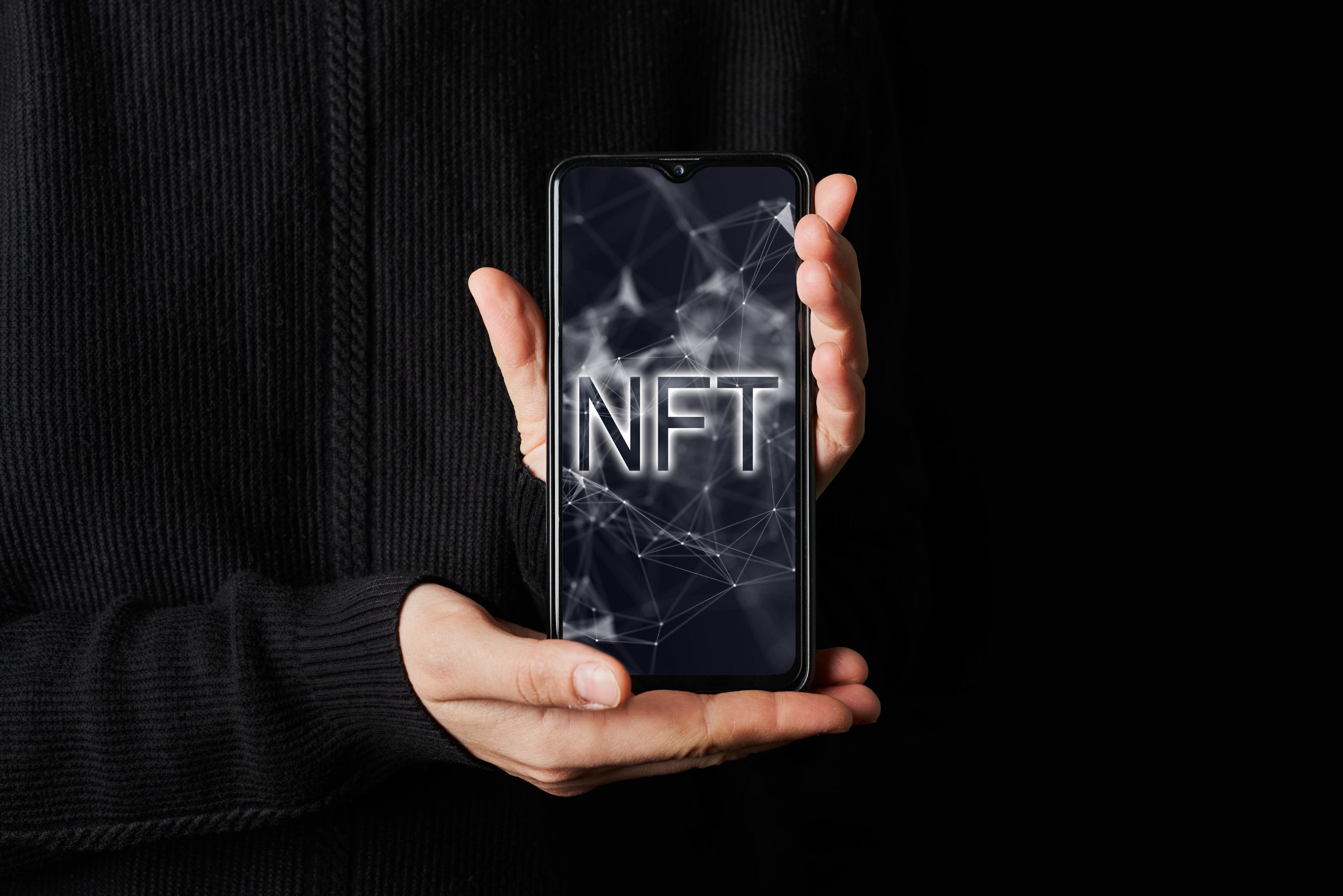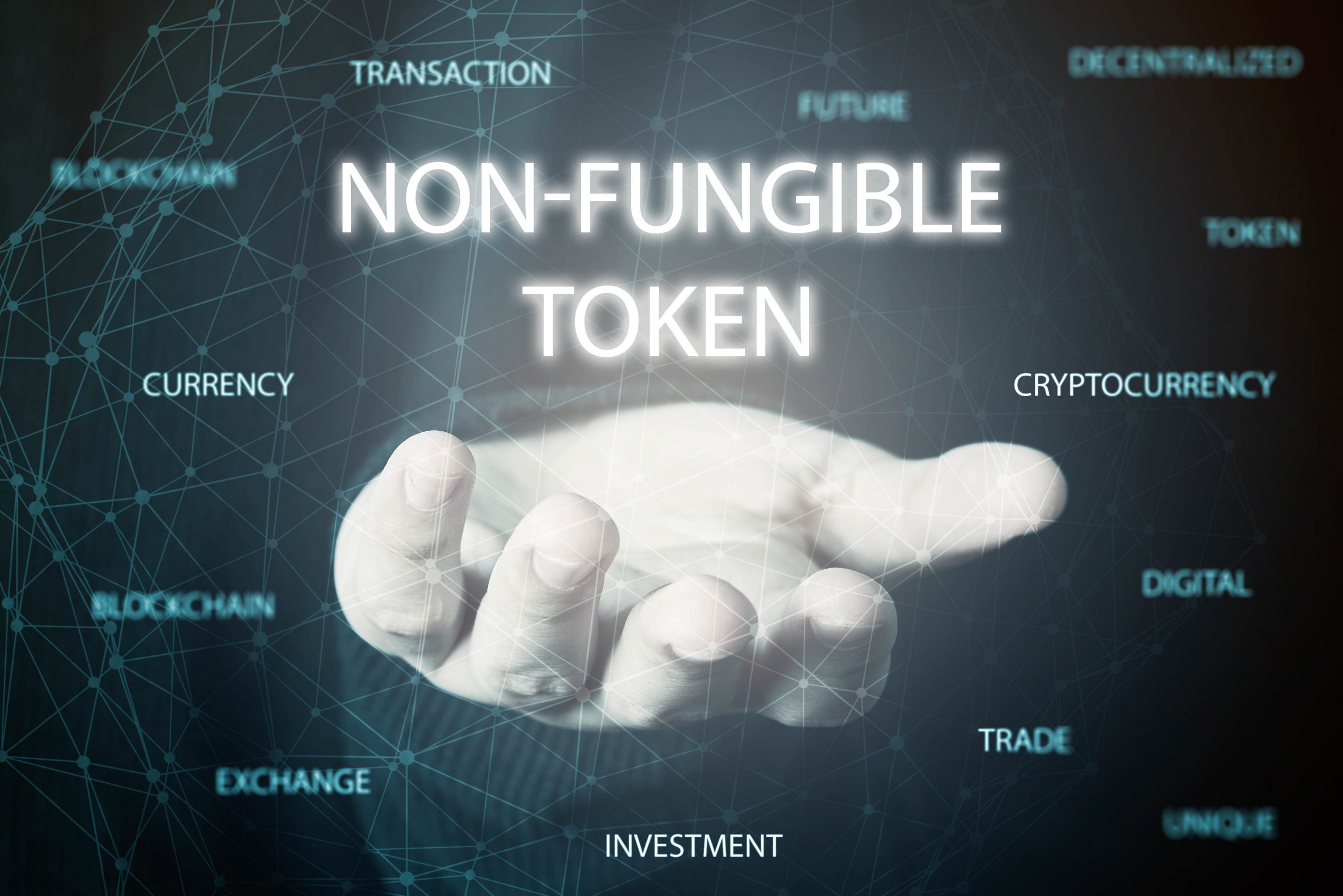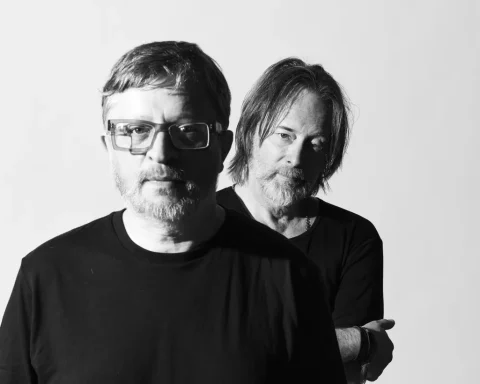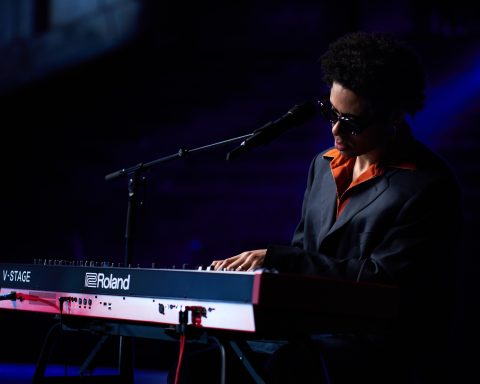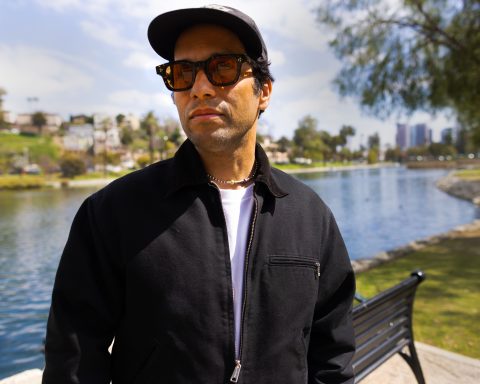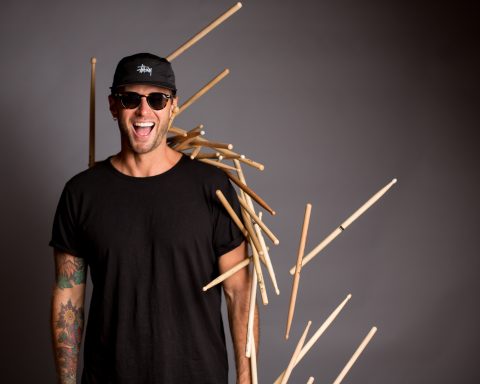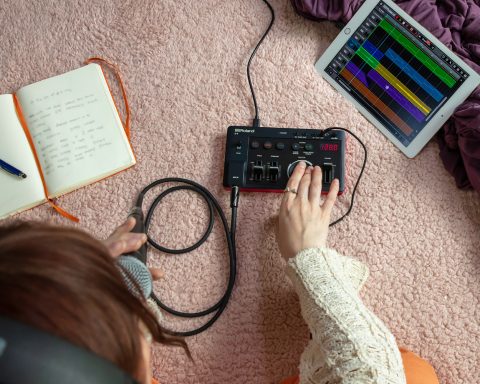In early 2021, it appeared the music industry was beginning to intersect with NFTs (non-fungible tokens) in a big way, whether artists liked it or not. It was breaking news when Grimes sold $6 million worth of digital art. Kings of Leon became the first band to release an album as an NFT. Web3 streaming services began partnering with social media platforms. Cut to a year later, and NFTs are still very much thriving. Despite headlines featuring pop superstars beside inflated numbers, another economy exists in the space. It’s made up of independent artists, and you can be one of them.
Breaking Down NFTs
NFTs are certificates of ownership registered on a blockchain using a smart contract. They represent a singular unique asset. Owners store NFTs in a digital wallet, and they are most commonly transacted using a cryptocurrency such as Ether. The assets they represent can range from a single song to an entire album. They can also include a real-life experience, like an exclusive meet-and-greet. Think of NFTs as a signed, limited edition vinyl release that only one person can own.
"Think of NFTs as a signed, limited edition vinyl release that only one person can own."
What NFTs Offer
Experiential incentives, like the aforementioned meet-and-greet, are valuable to artists selling NFTs. “It’s not so much buying a digital piece of art. You’re buying the utilities that come along with that piece of art,” ASHBA, musician and creator of 3D virtual world ASHBALAND, says. “Whether private clubs or parties you get invited to. It’s more like buying into a community of like-minded people who enjoy the same interests you have as an art collector.”
OneOf is an NFT platform that supports NFTs on multiple energy-efficient blockchains. They aim to create sustainable, creator-and-fan-friendly experiences. Thomas Fiss, VP of Music NFTs at OneOf, adds that another reason fans purchase NFTs is to feel a deeper connection with their favorite artists. “When artists offer experiences in conjunction with NFTs—through the chance to win an exclusive video, tickets to a show, or signed merchandise—fans jump at the potential for connection,” Fiss says. “Better yet, if that connection involves some level of exclusivity.”

Benefits of Entering the NFT Space
One of the most significant pros of selling NFTs as an independent artist is ownership. Bryce Carr leads Music Partnerships at Rally. The crypto platform allows artists to launch digital currency. By doing so, they can build sustainable economies with their communities. “The music industry is scratching the surface of royalty tracking and rights management with this technology,” Carr says. “These blockchain-based digital assets are all keys. Selling them to consumers can lead to additional revenue for musicians for whatever they unlock. With transparent networks, the smart contract for each key ensures secondary revenue via a fixed royalty to the artist.”
“Blockchain-based digital assets are all keys. Selling them to consumers can lead to additional revenue for musicians for whatever they unlock."
-Bryce Carr (Rally)
It’s that particular income stream that Carr stresses. “Musicians put out a release. It’s on a blockchain—whether that’s Ethereum or some other format. You get your payment for the initial release,” he explains. “But in the future, you might get royalties when something gets resold. Or you might be able to use blockchain in a more abstract sense. You could track ownership of someone sampling bits and pieces of your music,” says Rick Valentin, of the band Poster Children. “A song with 17 writers on it gets sampled by someone with a team of five. All of a sudden, you have 22 people to track.”
Creating a Community
Utilities are one of the best things artists can offer. They provide a more substantial way to build community rather than trying to make a quick buck with a one-and-done NFT drop. In fact, they’re one of the benefits that prove that, contrary to many beliefs, NFTs aren’t always all digital. You can attach a digital NFT to a real-life experience and offer fans unique opportunities they wouldn’t get otherwise.
“Artists and creators are beginning to see the community-building potential of web3. It’s more attractive in the long term than offering a quick NFT drop and extracting value from fans,” Carr says. “Steve Aoki’s A0K1VERSE is an interesting example of building a broader web3 community. It incorporates exclusive access to various utilities via NFTs.”
He offers another example. “Outside of NFTs, artists like Portugal the Man are showing the rest of the music industry what’s possible with web3 technology,” he shares. “They recently rewarded fans who pre-saved their new single with their own social token, $PTM.”
"If enough indie artists jump in and decide on the rules now, they can have the power to create an economy that works in their favor."
The Wild West
The bottom line is being an early adapter may pay off down the line. Right now, NFTs are the wild west—but that’s a good thing. If enough indie artists jump in and decide on the rules now, they can have the power to create an economy that works in their favor. From the ground up, they can shape a system where they receive royalties and track ownership while leading with storytelling and community-building.
“I’ve always made it a priority to stay cutting edge and familiarize myself with new technology,” TOKiMONSTA says. The Grammy-nominated DJ artist released her first NFT in December 2020. It was a collaboration with a longtime friend and collaborator who worked on the visuals while she handled the music.
Investing in Yourself
“Initially, no one was interested. Fast forward to February 2021 and the incredible amount of press coverage NFTs were receiving. The piece sold immediately,” TOKiMONSTA says. “NFTs are way more than expensive jpegs,” she adds. “They are a key to democratizing music in a way that gives power back to the creatives.”
Additionally, artists can use the funds from their NFT auctions to reinvest in themselves. This means continuing to create art while increasing value for collectors as you grow. Many artists also use their funds to raise money for charity.
"NFTs are way more than expensive jpegs. They are a key to democratizing music in a way that gives power back to the creatives." -TOKiMONSTA
Caution Tape
As is usually the case on the internet, artists have to remain careful. There has been a lot of fraud in the NFT space, plus unexpected “gas” fees. Also, it can cost a lot to mint (publish an asset on the blockchain). Finally, there is the negative effect NFT emissions have on the environment. While a problematic issue, companies like OneOf are striving to develop solutions.
It comes down to vigilance. “If you aren’t careful about your funds, you could misplace or get them stolen,” TOKiMONSTA says. “Do your research and be careful. Don’t click on anything or give your personal wallet information to anyone. Get a hard wallet and put your collectibles somewhere offline, so they’re super safe,” ASHBA adds.
Looking Forward
Overall, the future looks bright, so here’s how to find success. “I believe it’s important to ask yourself if you’re making people think differently about music while being true to your ethos,” Carr says. “Artists will create success if they can drive the music industry forward. Embracing the new web3 economy is a way of doing so.”
Carr believes it’s a matter of keeping attuned to possibilities. “Stay open to any opportunity that may come your way. If you see something different that another artist is doing, don’t be afraid to try it. Creating relationships and partnering with other musicians can be beneficial. The more connections you have, the more exposure will come your way. This holds especially true when communicating with your fans.”
"We are living in a world that is gravitating towards the digital space for entertainment, connection, and even for their careers."
- Thomas Fiss (OneOf)
A Changing World
Fiss finds that people’s needs are changing, making the popularity of NFTs timely. “We are living in a world that is gravitating towards the digital space for entertainment, connection, and even for their careers,” he says. “And while NFTs are digital assets, they’re not limited to the digital world.”
Expanding on that notion, Fiss gives some examples. “NFTs work for many real-life experiences. They can serve as VIP passes to events or unlock exclusive perks and opportunities,” he adds. “The possibilities are endless. NFTs are an integral part of the music industry, and we’ll see further mainstream adoption of NFTs in the near future.”
